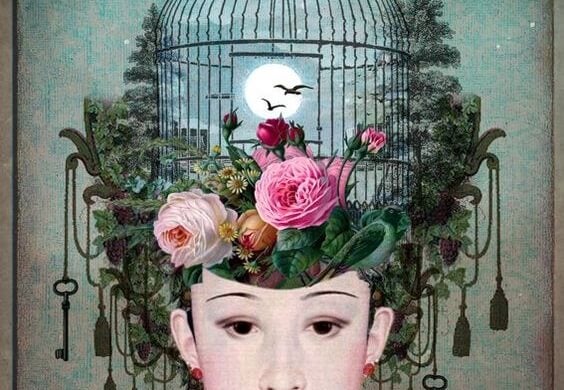Emotional dependence is a complex condition. In general, it is not due to a single factor, but for it to be presented and maintained different aspects are necessary, in many cases, it is not even a conscious reality, on the contrary, the emotional addict thinks that the problems that arise from his addiction have a different and often external source.
Behind addiction, there is often extreme fear. There are also many fantasies about one’s own ability or place in the world. The addict feels, without any evidence to support him, that if he breaks or loses certain ties, he is in grave danger.
- This type of addiction is similar to that experienced by an addict.
- As such.
- It also involves withdrawal syndrome.
- Episodes of anxiety and depression occur when.
- For some reason.
- The bond is broken or weakened momentarily.
- The existence itself can be lived as unbearable.
- Without this connection Anyone who suffers certainly suffers a lot.
- We can talk about three basic types of emotional dependence.
- And they’re next.
This is one of the most difficult forms of emotional dependence to navigate, it usually corresponds to family structures where parents suffer from severe anxiety and transmit it to their children, they are educated with excessive fear of the world. as a threat and the family as a refuge.
Those who have this type of dependence overestimated the protection offered by the family, although there are often affective bonds and great gestures of solidarity, it is also true that there are harmful traits, among them arises this repeated idea that when it comes to risks, the far the better.
In this type of families self-confidence is not encouraged, on the other hand, the belief that the person will not be able to face the great challenges is promoted, in this way the family becomes a kind of bubble that protects, but also imprisons. This is basically a bad way to overcome anxiety. It is also the wrong answer to the need to grow and become self-sufficient.
This type of addiction is one of the most common and also one of the most harmful. Part of an erroneous belief, it is assumed that the couple gives meaning to their own life or protects them from terrible loneliness, so the couple becomes the axis of their own life.
This type of addiction is typical of people who carry great uncertainty, are not sure what they are able to do and what they are not, in fact they assume that they are very powerless. Then they need support to live and that support would be their partner, it becomes a kind of protective shield against suffering or fear, so a strong attachment develops in the couple.
While such addictions can work for a while, the truth is that sooner or later it causes great suffering, the addict is so afraid of losing his partner that he can develop extremely harmful behaviors, among them excessive jealousy or unlimited submission Therefore, dependence damages the relationship rather than strengthening it.
The most characteristic feature of this condition is the excessive need to be recognized and approved in any environment, if the media shows no signs of evaluation and open acceptance, the individual panics, in addition, will do whatever it takes to obtain this apparent psychological perception. Compensation, feeling rejected, from your point of view, is the worst thing that can happen.
To be approved, a person may become servile or invisible; in the first case, the addict feels compelled to please others, or even to convey himself; any sacrifice can be made so as not to face rejection or confrontation; in the second case, the person can renounce his convictions so as not to have to conflict with his environment. In both cases, the situation is completely harmful.
Whether in the case of family dependence, in the case of couples or in the social environment, what lies in the background is low self-esteem, above all there is no awareness of what you are able to do, it is based on the idea that it has little value and is less or less competent than others in the organization of life.
All these false beliefs translate into fear and anxiety, and as with any fear, as with all the unwarranted fears we all accumulate, the best way to overcome it is to deal with it. You may have to take the first step. Dare to walk alone, risk leaving your comfort zone. Self-confidence is not built overnight, but one thing is certain: if you build it, away from “addictions,” it will be much stronger.
Images courtesy of Catrin Welz-Stein.

